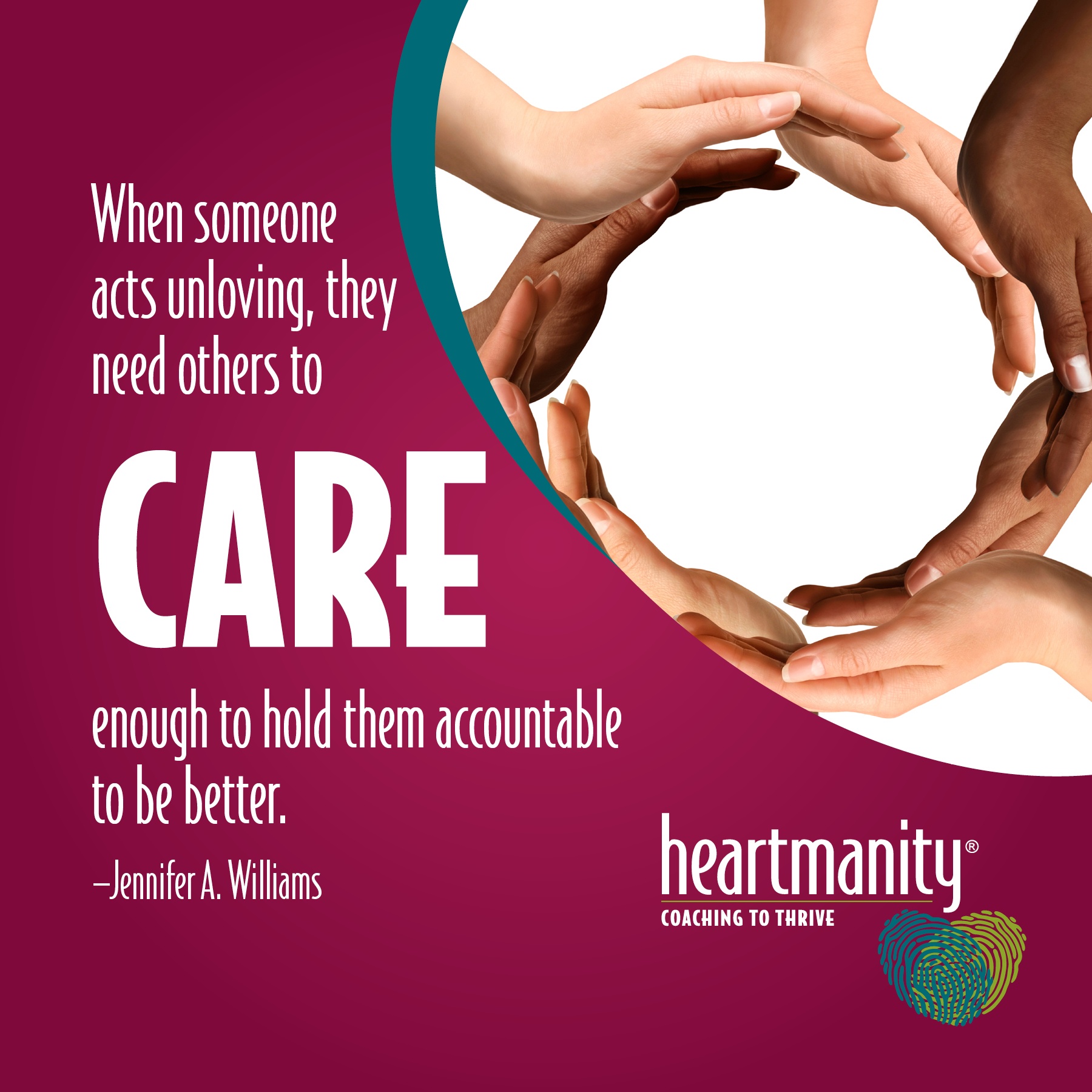At a gathering of about thirty women, the subject of trustworthiness came up. Many of the women who were present did not feel comfortable sharing within their communities about the struggles they’d had in their lives and relationships. What a shame, when openness and sharing allow us to give and receive support!
Estimated reading time: 2 minutes

One of the reasons for the women's reticence was the negative experiences that had boomeranged, coming back to hurt them or their partners in the past. We had a wonderful discussion on what creates safety in sharing and our responsibility to create trustworthy relationships, friendships, and communities.
It's true that it might be unwise to share with just anyone our private challenges. Yet, we can forge friendships with people who will hold a safe space for sharing. And of course, another necessary decision is to choose to act on what is discussed. It can be too easy for sharing to turn into a complaining session... over and over. We also need to require each other to take action on our own behalf to better our lives and relationships.
How Trust Is Affected by Conditioning
One of the many types of conditioning that our society asserts is that love and relationships are relatively easy and follow the natural progression of fairy tales. As women, our physiology and ancestral programming urge us to talk to other women because that’s what creates a strong tribe. The need to talk is fueled by our female brains, which are wired to process experiences through talking.
On the other hand, we aren’t really expected to have challenges within our partnerships and marriages or as a parent, so being transparent about our difficulties can make us feel like we’ve failed. Being vulnerable and open with others is vital but with discretion and wisdom.
It has become apparent that many women want to share and be supported in their lives, but many times it doesn’t feel safe to confide in others, except for a few chosen friends whom they deem trustworthy. What does that say about the communities that we’ve created?
For trustworthiness to be present in any relationship—whether in love, friendship, or business—we must first be trustworthy ourselves.
Keys to Trustworthiness
KEY #1: Trustworthiness means keeping trust with a person or persons by not repeating what is said confidentially.
KEY #2: To be trustworthy, we must hold one another accountable to grow and be our best.
KEY #3: Don't agree to listen if you're unwilling to hold confidentiality.
Sometimes what another person tells us may feel too burdensome—and as verbal processors, women can inadvertently repeat things and break confidence unintentionally.
Also, many haven’t been taught the elegant art of repair and the enormous relief of conflict resolution so friendships can end abruptly, shattered by broken trust and betrayal. These experiences make us even more cautious about being vulnerable and transparent.

If we pretend that other people are perfect or have perfect relationships, we have already sabotaged the building community to be open, authentic, and healthy. Why? Because there are no perfect people or perfect relationships, and it is an exhausting experience to act as if we are perfect. By the very essence of our humanity, we are imperfect, constantly making mistakes and growing.
It’s time to shine acceptance and compassion on our humanity and allow one another to heal and be real simultaneously.
This extension of loving acceptance will lend itself to more safety and increase the legitimacy of helping each other to become more lovingly human—perfectly imperfect!
As I touch on this subject, I realize its enormity and how this tiny blog is only a scratch on the surface. What empowers you to stretch for your highest potential while gently accepting your humanness?
For support or new skills to cultivate loving and trustworthy relationships starting with yourself, reach out today and contact us at support@Heartmanity or request your complimentary Discovery Session.








